Giving Communities a Voice
A new ethical toolkit places community engagement at the heart of health research
By Bridget Pratt
Community engagement and participation are big buzzwords in health research these days. But communities, especially those considered disadvantaged and marginalised, rarely have a say in the agendas and priorities of the very health research projects that aim to help them.
Typically, these agendas are defined by a funding call or by researchers well before community members are engaged.
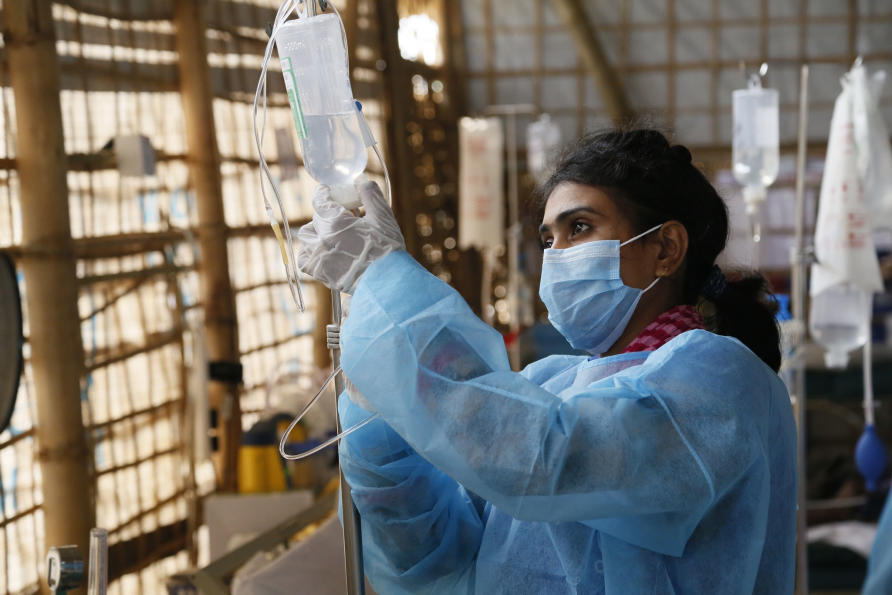
I am developing a new ethical framework (or toolkit) to help researchers, community organisations and other partners include communities in setting the agenda of health research projects that impact them.
Social justice has two dimensions. One is around improving the health and well-being of marginalised communities, and the other is increasing their participation in society in general – including in the research system.
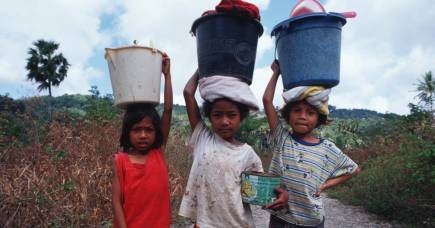
Keeping the water running in Timor Leste
When community voices are heard, health research is more likely to prioritise objectives that reflect their concerns and knowledge. Without their input, projects are much less likely to generate evidence that will improve public health and health care systems for them.
Ensuring marginalised communities’ participation is also a matter of respect, and is necessary to reduce hierarchies within the research sector, where decision-making power largely lies with researchers and funders.
A community engagement practitioner I interviewed for my recent research told me that inclusion means communities start feeling they are part and parcel of the planning and decision-making, and not just a means to an end. Instead, they feel important, and that they are an end in themselves.
What’s needed to give marginalised communities a voice in agenda-setting for health research projects?
My research shows several key considerations apply before, during and after agenda-setting.
Before setting an agenda, researchers and their partners need to assess whether the foundations for shared decision-making exist or can be built with community members. Building these foundations can take time, and doesn’t align well with current funding models that typically support one-to-three year research projects.
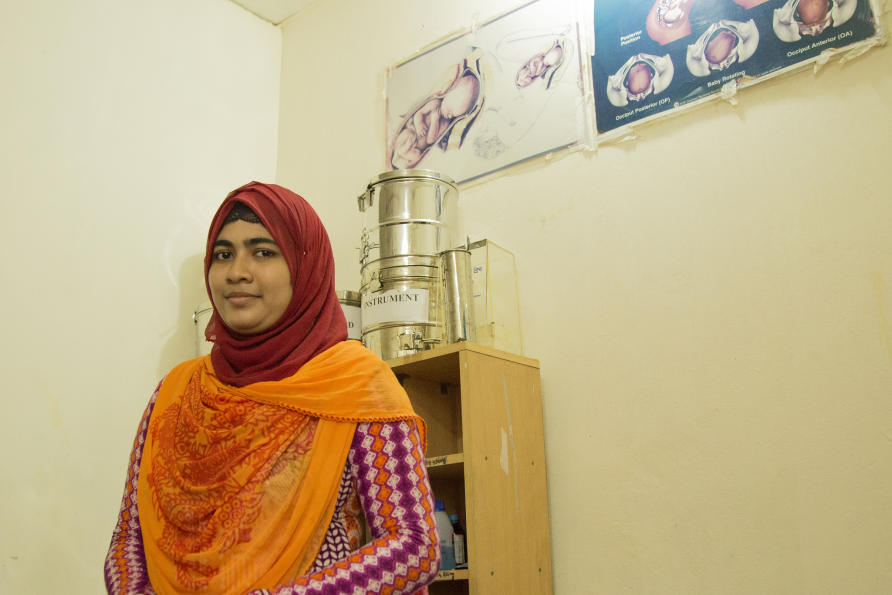
As a public health researcher tells me, “You won’t get marginalised groups unless you actively go out there and spend quite a lot of time overcoming those barriers.” These barriers, the researcher says, can include previous negative experiences that can leave marginalised groups feeling that “‘we’ve had researchers come through here before and they use us and spit us out’.”
During agenda-setting, researchers and their partners need to employ strategies to share power with disadvantaged and marginalised communities in areas like leadership, space, level of participation and facilitation. Sharing power means that locally-based researchers, community organisations and key informants from the community are among those initiating and leading agenda-setting.
As another researcher tells me, “who sets the table often controls the table”.
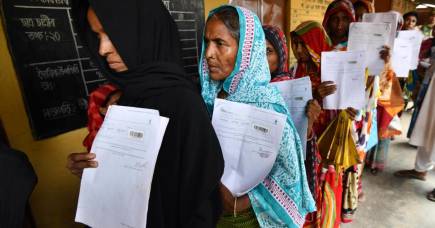
History repeating: Losing citizenship in India
It’s important to undertake agenda-setting in physical locations that promote the presence and voice of marginalised groups.
A health systems researcher explained the power of locations. “If you hold (a meeting) in the health department building, there’s a particular set of behaviours and languages that are associated with that building, and people who dominate those behaviours and languages will dominate the meeting.
“You know, we did a meeting in the traditional meeting house and we got people from the ministry and the World Bank to go there and it completely changed the dynamic.”
To encourage community members’ participation, sharing power means involving marginalised groups as decision-makers rather than as consultants. So researchers, partners, and community members deliberate together, integrating their knowledge to generate the final research objectives.
By way of contrast, consultation is characterised by community members being invited to give their input to agenda-setting, but having no assurance it will be used.
To facilitate deliberations, a certain approach is required to ensure the least powerful voices get as much opportunity to be heard as the most powerful.
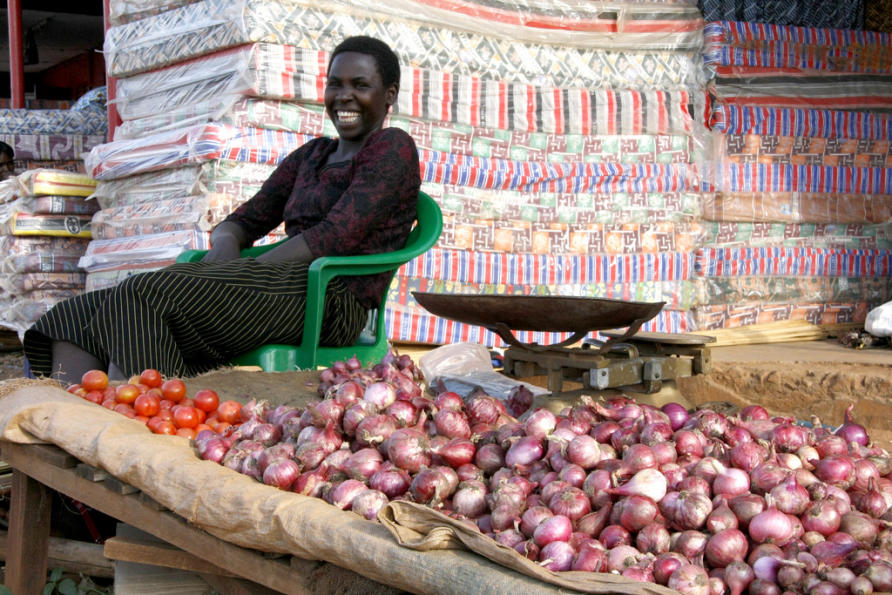
“You can set people up to be even further disenfranchised in that sort of process where you assume they’ve been engaged in the design of something, but in fact they’ve just been silenced by internal power dynamics within a group,” says a public health researcher.
After agenda-setting, it is important to demonstrate respect and accountability to marginalised groups by feeding back research topics and goals for their comment, and by acting on the final research priorities.
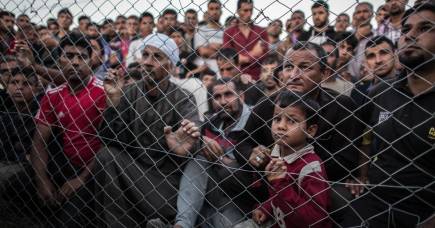
Inside the world's humanitarian crisis
The toolkit, which is still under development, is intended for research projects in low and middle-income countries and with marginalised communities in high-income countries like Australia. Potentially, it could also be applied when co-designing health programs and services. However, it won’t be enough alone.
Current funding models are a major barrier to marginalised communities’ engagement in research agenda-setting. Typically, funders don’t require or financially support engagement in agenda-setting and, in the rare instances that they do, they emphasise the engagement of policymakers rather than communities.
We need funding models that support relationship-building and community engagement in agenda-setting. For example, Comic Relief in the United Kingdom employs ‘consulting and engaging others’ as a key grant-making principle. Engaging with disadvantaged groups is a core requirement and selection criteria for projects.
Similarly, the United Kingdom’s Department for International Development requires and funds a year-long ‘Inception Phase’ for research consortia during which time they need to undertake engagement to refine their research agendas.
Only when these kinds of funding models become the norm, will communities truly be at the centre of research about, and for, them.
Banner image: Rekha Rewat is an accredited social health activist in Madhya Pradesh, India. She is encouraging expectant mothers in rural areas to opt for safer births at health centres. Picture: UK Department for International Development/Flickr
![]()